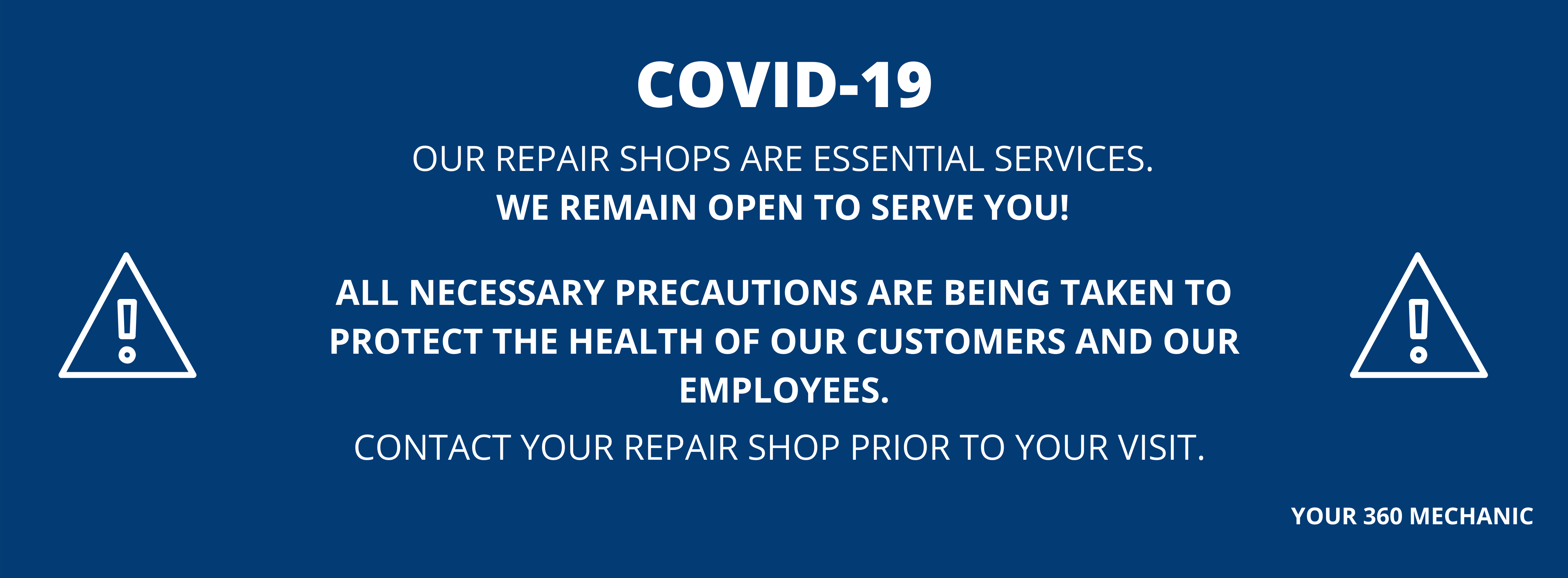Spotlight on the causes and consequences of overheating brakes
For a braking system to function safely, it must effectively absorb and dissipate the heat generated by the friction between its components. If it fails to do so, the brakes may overheat, which can be dangerous.
Do you know what causes brake overheating and what can result from it? Answer these questions to find out.
1- Which of the following is NOT a potential cause of brake overheating?
a) Heavily worn brake pads
b) Bad driving habits
c) An old vehicle
d) Incorrectly installed components
2- What is the main risk of overheated brakes?
a) The vehicle loses traction
b) Braking efficiency is reduced
c) The car becomes twice as polluting
d) The battery drains quickly
3- As the driver, how can you prevent this problem?
a) Avoid sudden braking
b) Don’t overload your vehicle
c) Have your brakes inspected regularly
d) All of the above
Answers
- c) If your car’s braking system is in good condition, it won’t overheat, regardless of its age. However, worn or incorrectly installed brake pads can create friction between the metal components, significantly increasing temperature. Additionally, repeatedly pressing the brake pedal or making sudden stops can quickly generate excessive heat.
- b) When your brakes overheat, your vehicle’s ability to stop is significantly reduced. You may not be able to stop in time to avoid an obstacle, which increases your risk of an accident or serious injury.
- d) You can keep your brakes at the right temperature by braking gently and not overloading your vehicle. Excess weight puts additional stress on the braking components. It’s also smart to have your braking system inspected during your regular annual maintenance check to ensure everything is in good working order.
Do you need to have your car inspected by a professional? Schedule an appointment at your nearest M 360 Mechanic.
